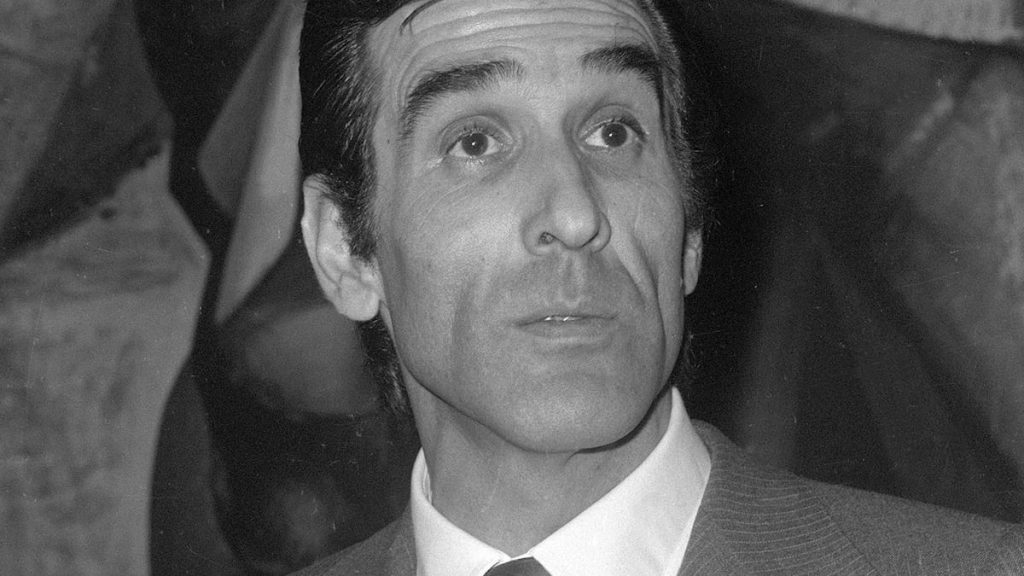Fernando Suárez González, a former minister in the regime of General Francisco Franco, passed away in Madrid at the age of 90 after battling cancer. Born in León in 1933, Suárez studied law at the University of Oviedo and became involved in the Falange Española movement. He went on to work as a procurator in the Spanish Cortes and held various other political positions, including Minister of Labor and Social Welfare in the government of Carlos Arias Navarro. After Franco’s death in 1975, Suárez joined Alianza Popular and later served as a member of the European Parliament for the Partido Popular.
Throughout his career, Suárez focused on issues related to labor law and social protection for Spanish emigrants in countries such as Germany, Switzerland, and France. He worked to establish agreements that would provide support for emigrants in areas such as housing, recognizing the challenges faced by many Spanish citizens who moved abroad in search of better economic opportunities. Suárez’s political trajectory was influenced by figures such as Licinio de la Fuente and Efrén Borrajo Dacruz, and he aligned himself with the conservative right wing of Spanish politics.
As Spain transitioned from dictatorship to democracy, Suárez found himself at the center of political struggles between different factions within the ruling regime. While he considered himself a reformist, Suárez chose to join Alianza Popular, a party formed by former ministers of the Franco regime. Despite the pressures of the time, Suárez remained true to his conservative beliefs and aligned himself with other like-minded politicians. His decision to stay true to his political convictions, even in the face of significant societal changes, was a defining characteristic of his long and varied career.
In his later years, Suárez became a member of the Real Academia de Ciencias Morales y Políticas, where he gave lectures on topics such as workers’ stakeholding in companies and the ideas of Torcuato Fernández Miranda, a key figure in the Spanish Transition. He also authored a book on Melquiades Álvarez and the fate of reformism in Spain, as well as publishing his political memoirs in an 800-page volume. Despite his political accomplishments, Suárez carried the burden of having signed death sentences for members of ETA and the FRAP during his time as a minister in the Franco regime, a decision that weighed heavily on his conscience throughout his life.
Fernando Suárez’s legacy as a key figure in Spanish politics is marked by his dedication to conservative ideals and his unwavering commitment to his beliefs. Despite the challenges and changes that characterized his political career, Suárez remained true to his principles and continued to advocate for the causes he believed in. His passing marks the end of an era in Spanish politics, but his contributions and achievements will be remembered for years to come. Suárez’s commitment to political principles and his lifelong dedication to public service leave a lasting impact on the political landscape of Spain.


